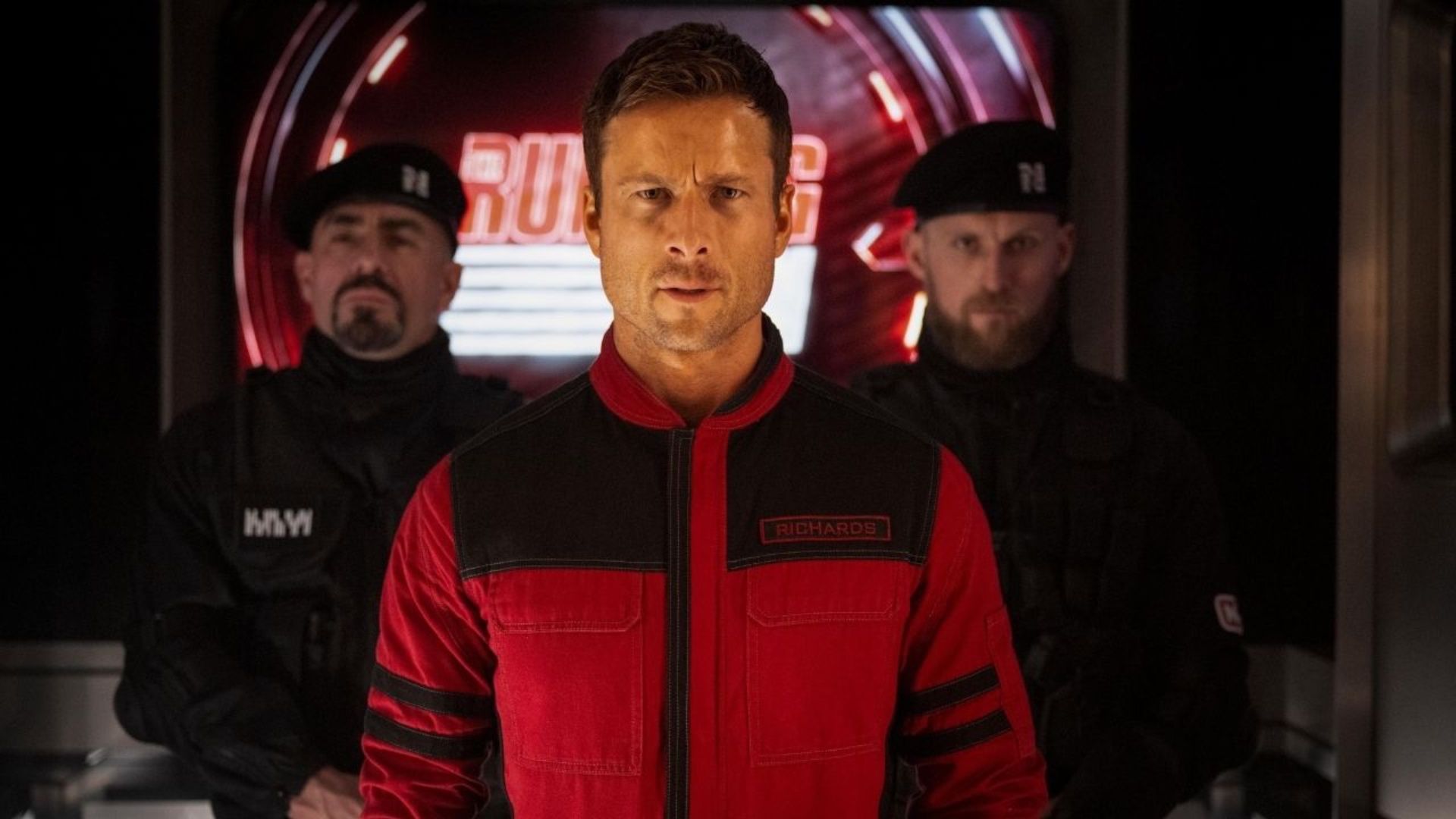
The new action movie, The Running Man, didn’t perform as well as expected in its opening weekend, earning only $16.5 million domestically and $28 million worldwide. It came in second place at the box office, behind Now You See: Now You Don’t. Considering its $110 million budget and mixed reviews, it’s shaping up to be one of the biggest disappointments of the year, especially with upcoming releases like Wicked: For Good and Zootopia 2 expected to dominate theaters.
Everyone had high hopes for The Running Man. Director Edgar Wright is known for making critically acclaimed and popular films, and Glen Powell is quickly becoming a major movie star after appearing in hits like Top Gun: Maverick, Anyone but You, and Twisters. So it’s surprising that the film didn’t perform well in theaters. What went wrong?
Here are 8 reasons The Running Man remake flopped at the box office.
8
A Bad Release Date
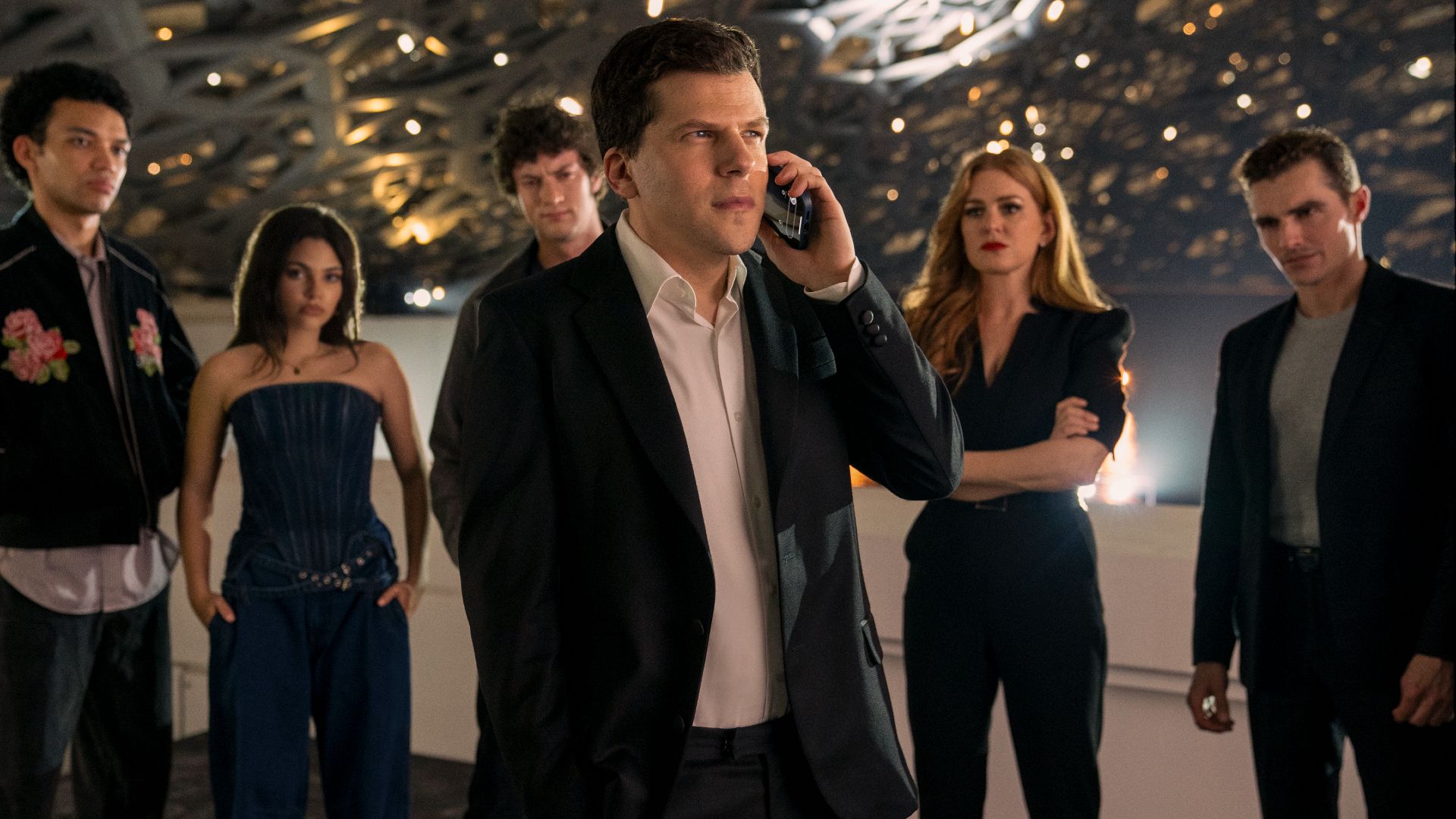
Lionsgate
Even if the movie was good, The Running Man faced an uphill battle with its release date. Originally planned for November 7th and then the 21st, the release was pushed back twice to avoid competing with Predator: Badlands and Wicked: For Good. This already suggested November 2025 would be a busy month for movies, but Paramount still chose November 14th. That weekend is known as “The Bond weekend” because four out of the five Daniel Craig James Bond films were released then. Releasing an action movie like The Running Man that weekend seemed logical, at least in theory.
Despite facing competition from Now You See Me: Now You Don’t, The Running Man struggled at the box office. Paramount Pictures underestimated the potential of the Now You See Me series, and its recent release gave it an advantage. The Running Man also competed with Predator: Badlands, and both of those films had a wider appeal due to their PG-13 ratings, unlike The Running Man‘s R-rating. Perhaps Paramount should have waited until summer 2026 to release The Running Man, as May 15th and 29th were relatively clear dates. They could have even secured the May 8th, 2026 release date currently held by Mortal Kombat II. However, Paramount likely didn’t want to compete with The Mandalorian & Grogu if they waited.
7
A Botched Marketing Campaign
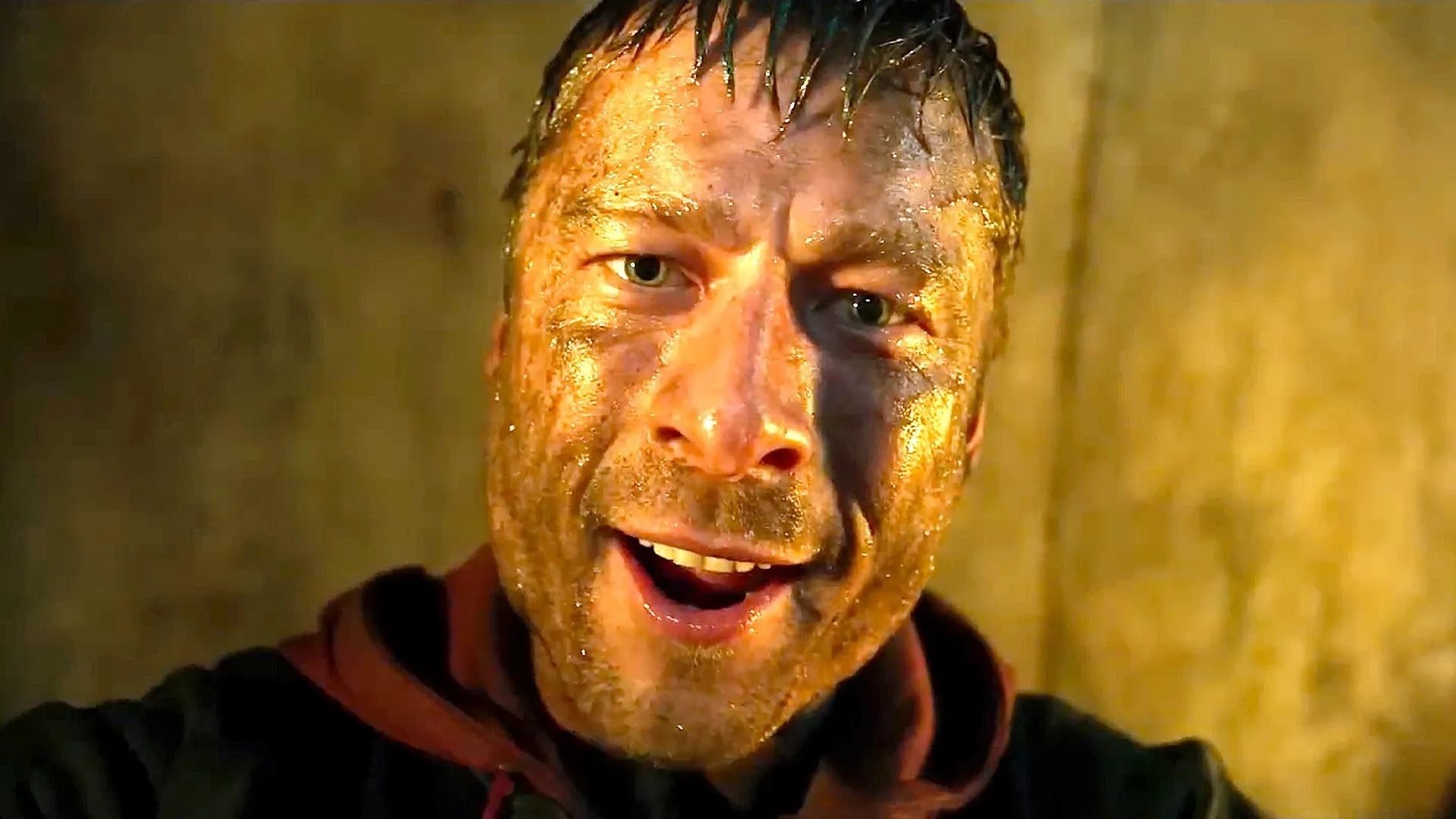
Paramount Pictures
The first trailer for The Running Man premiered on July 1, 2025, alongside Jurassic World: Rebirth. After that, it played before almost every movie in theaters – including Superman, The Fantastic Four: First Steps, Weapons, The Conjuring Last Rites, and One Battle After Another. While Colman Domingo’s line, “bloodlust is our birthright,” was captivating, the trailer became so ubiquitous over the next two months that many viewers grew tired of it before the film even came out. A second trailer wasn’t released until October 13, 2025, just a month before The Running Man hit theaters.
The film suffered due to changes happening within the company following the merger of Paramount and Skydance. When the head of Global Distribution and Marketing, Marc Weinstock, left in the fall, there was a delay before Josh Goldstine took over. This left the marketing for The Running Man in a difficult position during the crucial month before its release. According to Deadline, this period created uncertainty for the marketing team, especially as Paramount considered layoffs. Goldstine started on October 15th, just two days after the second trailer was released. Ultimately, The Running Man‘s marketing efforts felt both excessive and inadequate.
6
Edgar Wright Phones It In

Paramount Pictures
Edgar Wright is a highly acclaimed director known for his energetic and inventive films. A remake of The Running Man by the creator of hits like Hot Fuzz, Scott Pilgrim vs. The World, and Baby Driver seemed like a guaranteed success. He previously left the Ant-Man project because he didn’t want to make a typical superhero movie. However, this new film feels surprisingly like a standard assignment for Wright, and without knowing his involvement, it could easily be mistaken for the work of any other director.
As a huge fan of Edgar Wright, I was really disappointed by how much of his signature style was lost in this film. There were a couple of moments where his creativity shone through, but too often it felt like we were getting generic, shaky camera work instead of the smooth, dynamic action I love from movies like Hot Fuzz and Scott Pilgrim. And honestly, even the big car chase, which should have been amazing, didn’t come close to the inventive sequences in Baby Driver. It’s a little embarrassing to say, but the action in upcoming Marvel films like Thunderbolts and The Fantastic Four: First Steps actually feels more thrilling and original than anything in this movie. It just didn’t feel like a Wright film.
5
Word of Mouth Didn’t Help
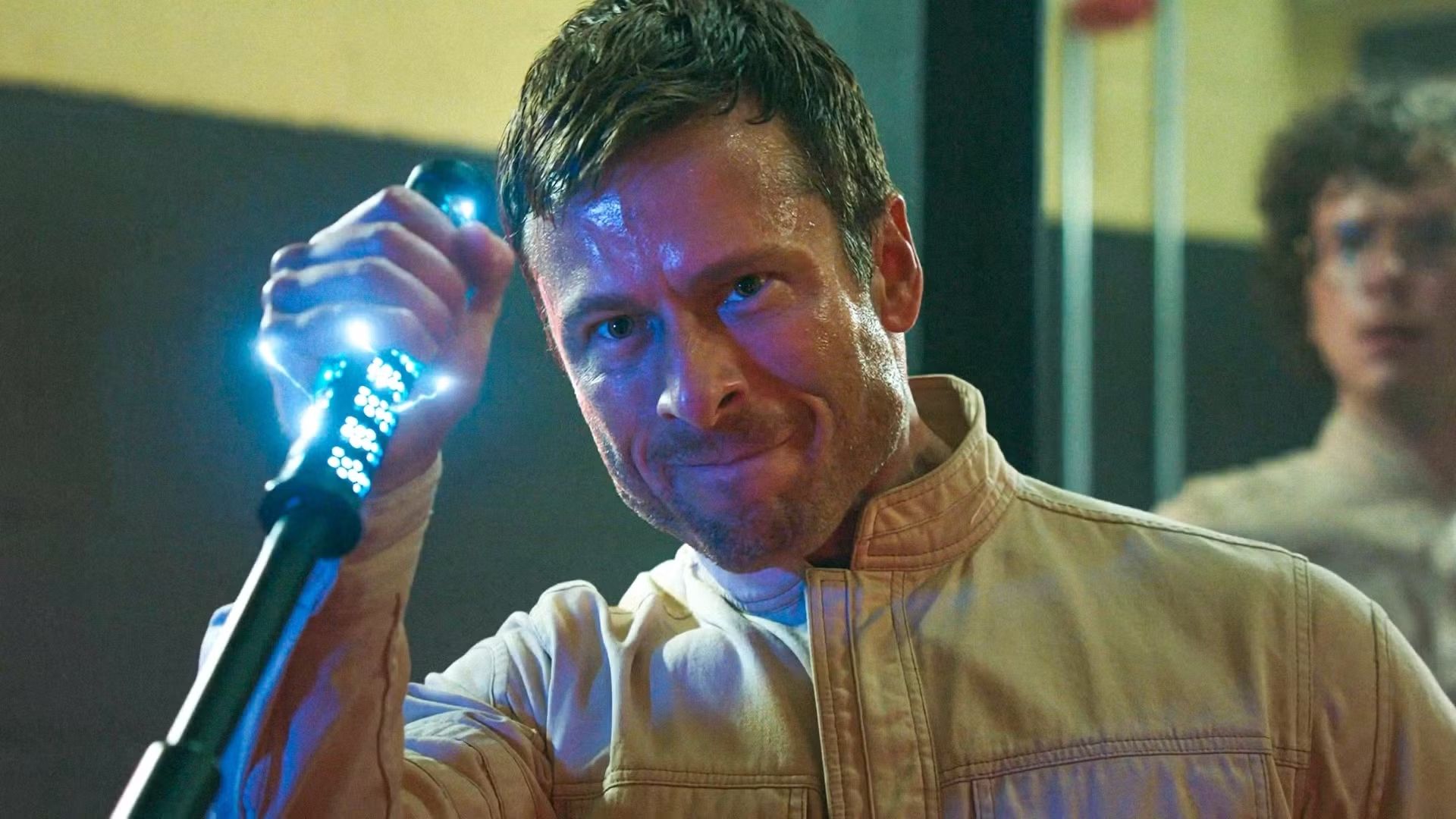
Paramount Pictures
While The Running Man has a fairly fresh rating on Rotten Tomatoes (64%), it hasn’t been a critical success. It’s actually Edgar Wright’s lowest-rated film as a director, scoring 11% lower than his previous least-liked movie, Last Night in Soho. Stronger reviews could have helped the film perform better.
Viewers gave The Running Man a fairly average rating of B+ on CinemaScore. It wasn’t a bad score, but it probably won’t inspire people to see the movie again or recommend it to others – those viewers are more likely to choose something like Predator: Badlands or wait for Wicked: For Good instead.
4
The Original Was Always More of a Cult Hit
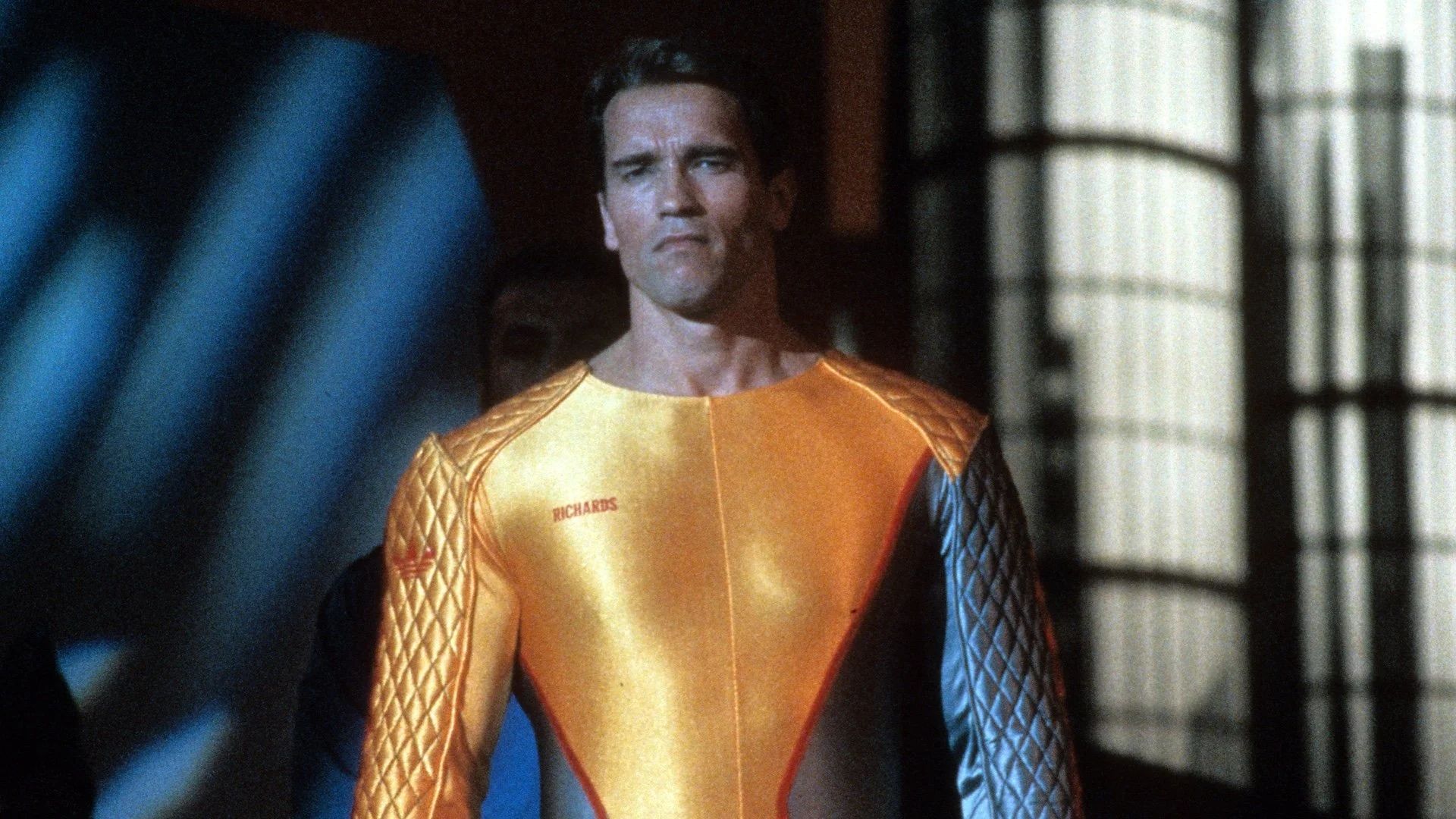
Tri-Star Pictures
While intended as a faithful adaptation of the book, The Running Man is best known as the 1987 action movie starring Arnold Schwarzenegger. It earned $38 million at the box office on a $27 million budget, receiving mixed reviews when it was first released. However, as reality television grew in popularity, the film gained a new appreciation and began to feel remarkably prescient, almost begging for a modern update.
Remaking The Running Man was always a gamble. Unlike franchises like Star Wars, Indiana Jones, or Ghostbusters, it wasn’t built on a series of successful movies. It’s also different from a sequel like Top Gun: Maverick, which followed a huge hit from 1986. Similar to Blade Runner 2049 and the Tron sequels, The Running Man was based on a beloved but niche sci-fi film, and that doesn’t automatically mean big box office numbers. While 1980s nostalgia is popular, not every film from that decade is equally well-remembered. The remake now joins other attempts to revive 1980s movies – like Footloose, Fright Night, and Poltergeist – that ultimately didn’t perform well in theaters.
3
Structure Feels Episodic and Fragmented
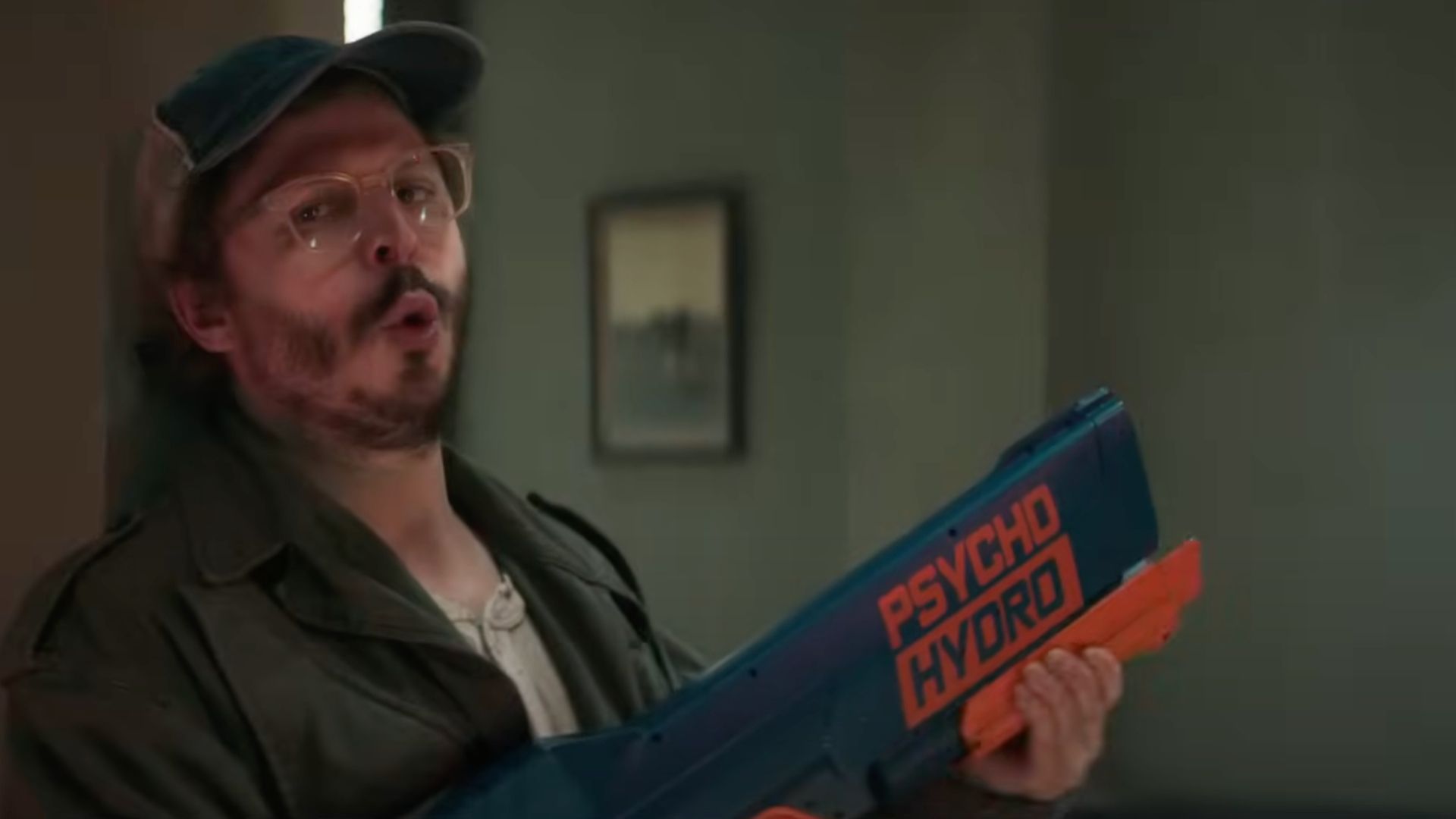
Paramount Pictures
The recent Running Man series chose to follow the Stephen King novel more closely than the 1987 movie, and this choice reveals a core problem with the story: it feels like a series of separate events. Like the film, the show has Ben Richards constantly moving to new locations and quickly interacting with characters who only appear for a short time. This results in some fun performances from actors like Michael Cera and Daniel Ezra, but it also means established stars like William H. Macy have very small roles, and Emilia Jones becomes important near the end despite not appearing until late in the story.
The movie feels disjointed and uneven, constantly starting and stopping, which hinders its sense of progress. It’s also significantly longer than the original – two hours and thirteen minutes compared to the original’s one hour and forty-one minutes – and ultimately feels draining rather than exciting.
2
The Satire Feels Bland and Toothless
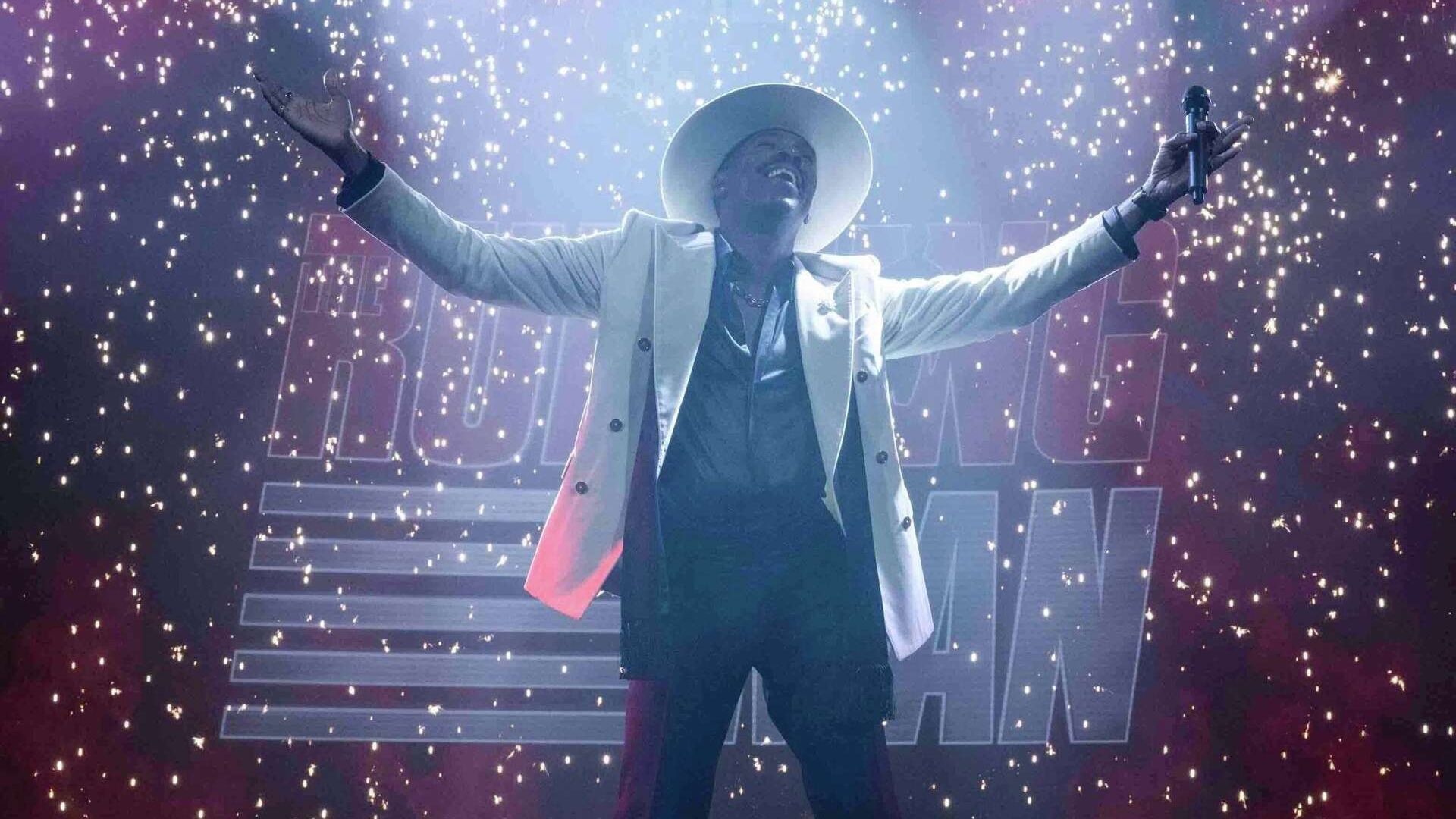
Paramount Pictures
The film The Running Man aims to recreate the satirical, dystopian feel of the original book, which critiques modern society. It tries to do this through scenes from a fictional reality show called The Americano, meant to be a parody of the Kardashian family. While Debi Mazar is always enjoyable to watch, the show-within-a-movie isn’t as humorous as the filmmakers intend. The humor feels outdated – are Kardashian jokes still relevant in 2025? It comes across as a simple, harmless joke that’s already been done many times.
Beyond the action, The Running Man includes a lot of obvious product placement, which is ironic considering the film also satirizes this practice with its fictional cereal, ‘Fun Twinks.’ Brands like Puma and Monster Energy are heavily featured, and the show’s host, Bobby T, even does a commercial for Liquid Death water within the movie. While this seems clever, it raises the question of whether Liquid Death wants its brand linked to the film’s dark, dystopian world. Ultimately, the satire feels superficial, like a quick joke rather than a meaningful part of the story.
1
Feels Like a Repeat of ‘The Hunger Games’ and ‘Squid Game’ (Even Though It Came First)
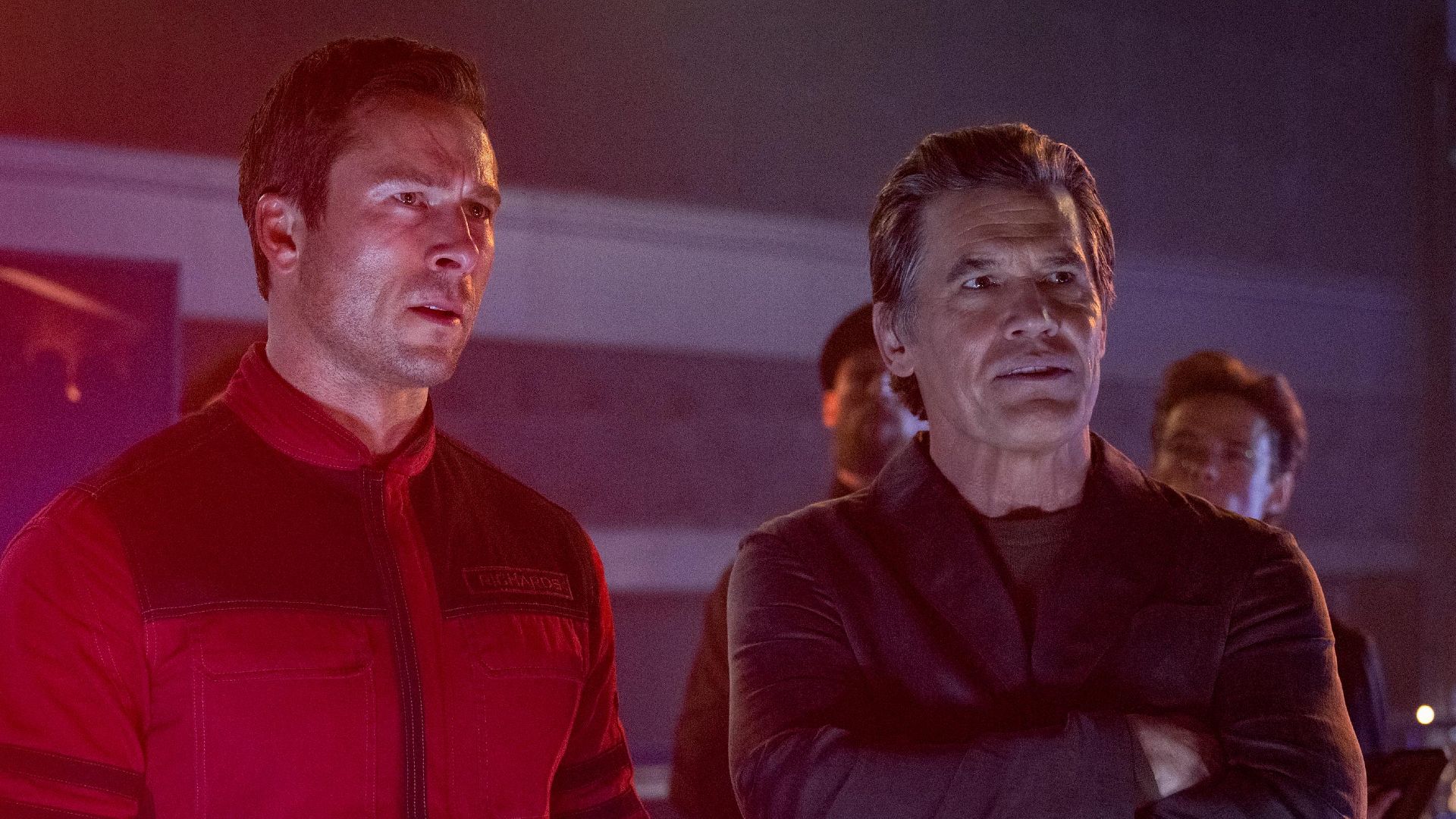
Paramount Pictures
As a fan, it’s a little disappointing to see a new take on The Running Man feel so weak. It just feels like ideas we’ve already seen done better elsewhere. What’s amazing is how ahead of the curve the original novel and movie were – they really predicted our obsession with reality TV! Honestly, the perfect time to revisit The Running Man would have been in the 2000s, right after shows like American Idol and Survivor took off. Even the early 2010s would have felt incredibly relevant.
Originally published in 1982, The Running Man is now arriving in a cultural landscape saturated with similar themes. Shows like Squid Game and movies like The Hunger Games have explored the same ideas of televised survival games, making the book feel less original. It’s similar to how John Carter may have inspired Star Wars and Avatar, but ended up seeming like a copy when it finally reached audiences. The Running Man now feels repetitive, echoing elements from The Hunger Games and Squid Game without offering anything new or distinctive.
Read More
- Everything We Know About Georgie & Mandy’s First Marriage Season 3
- Прогноз нефти
- Netflix’s #1 Trending Comedy Proves Critics Are Wrong About This $523 Million Franchise
- Avatar 3 Runtime Revealed for New James Cameron Movie
- Playdate’s Ending On Amazon Is So WTF I Need To Talk About It
- ‘Wuthering Heights’ Debuts Fresh Rotten Tomatoes Score
- Adam Sandler Talks Really Wanting To Make A Serious Movie Early In His Career, Plus The Funny Prediction His Grandma Made
- Original Harry Potter Star Is ‘Sick of Talking About’ Potential Reboot Return
- How Breaking Bad Creator Helped Ryan Coogler With X-Files Reboot
- 2026’s Biggest Sleeper Hit With 89% RT Proves Hollywood Is Dangerously Out of Touch
2025-11-18 20:10